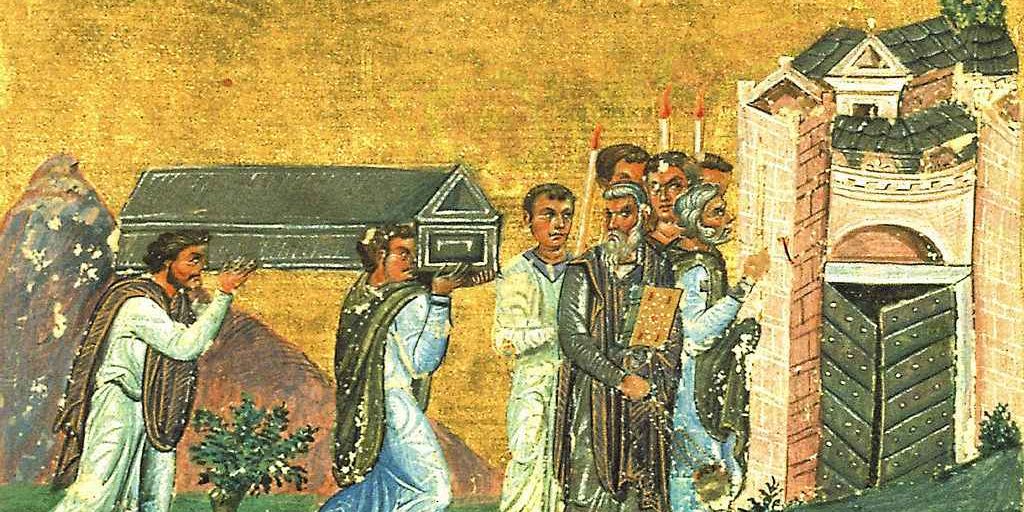
Apostolic Fathers Every Christian Should Know: Ignatius of Antioch
This is the first of six articles written by Kenneth Berding focused on Apostolic Fathers every Christian should know. The Apostolic Fathers are the authors of the earliest Christian writings after the period of the Apostles. The writings span the end of the first century until the middle of the second. Kenneth Berding (Ph.D., Westminster Theological Seminary) is professor of New Testament at Biola University and the director of Bible Fluency: Sing It, See It, Study It.
Here are seven things you should know about Ignatius of Antioch:
1. Don’t confuse Ignatius of Antioch with Ignatius of Loyola, the 16th-century founder of the Jesuits. There is no connection between the two Ignatiuses apart from their names! I am regularly surprised at how often people get these two historical figures confused.
We have no historically credible record of how Ignatius actually died, but can fairly safely assume that he was martyred in Rome as was his wish. Click To Tweet2. Ignatius of Antioch was leading the church in Antioch of Syria when he was arrested by Roman soldiers, probably around A.D. 110. He was taken as a prisoner on an arduous march from Antioch toward Rome by ten Roman soldiers (whom he not-so-lovingly referred to as “leopards”).
3. He somehow found an opportunity to write letters to six churches (Ephesus, Magnesia, Trallia, Rome, Philadelphia, Smyrna) and one individual (Polycarp) during his forced march through Asia Minor (Western Turkey). These letters provide powerful evidence of a man possessing strong communication skills. One evidence of his ability is in how many powerful one-liners and brief metaphors fill his letters.
4. Ignatius was an intense individual who was sometimes extreme. An example of his extreme tendencies was his fixation on becoming a martyr in Rome. His letter to the church in Rome includes a heart-wrenching plea that the Christians in Rome do not intervene in any way to get him released when he arrived in that great city. Surprisingly, Ignatius claimed that only after he had become a prisoner on his way to execution did he really start to become a disciple.
5. In his letters, Ignatius warned churches in Asia Minor about two types of false teachers: (1) people who pushed Jewish practices upon others, and (2) people who viewed Jesus’s crucifixion as apparent rather than real and physical (that is, docetists).
6. Ignatius was zealous about the notion that Christians should meticulously obey whichever bishop God placed over them. His exhortations toward obedience to a single bishop may have helped push the church toward a form of church government where authority was centralized in the bishop of a particular city (since such was not the case everywhere when Ignatius wrote).
7. We have no historically credible record of how Ignatius actually died, but can fairly safely assume that he was martyred in Rome as was his wish.
For more information about the Apostolic Fathers, see Kenneth Berding’s easy-to-read narrative introduction (story form), The Apostolic Fathers: A Narrative Introduction.

